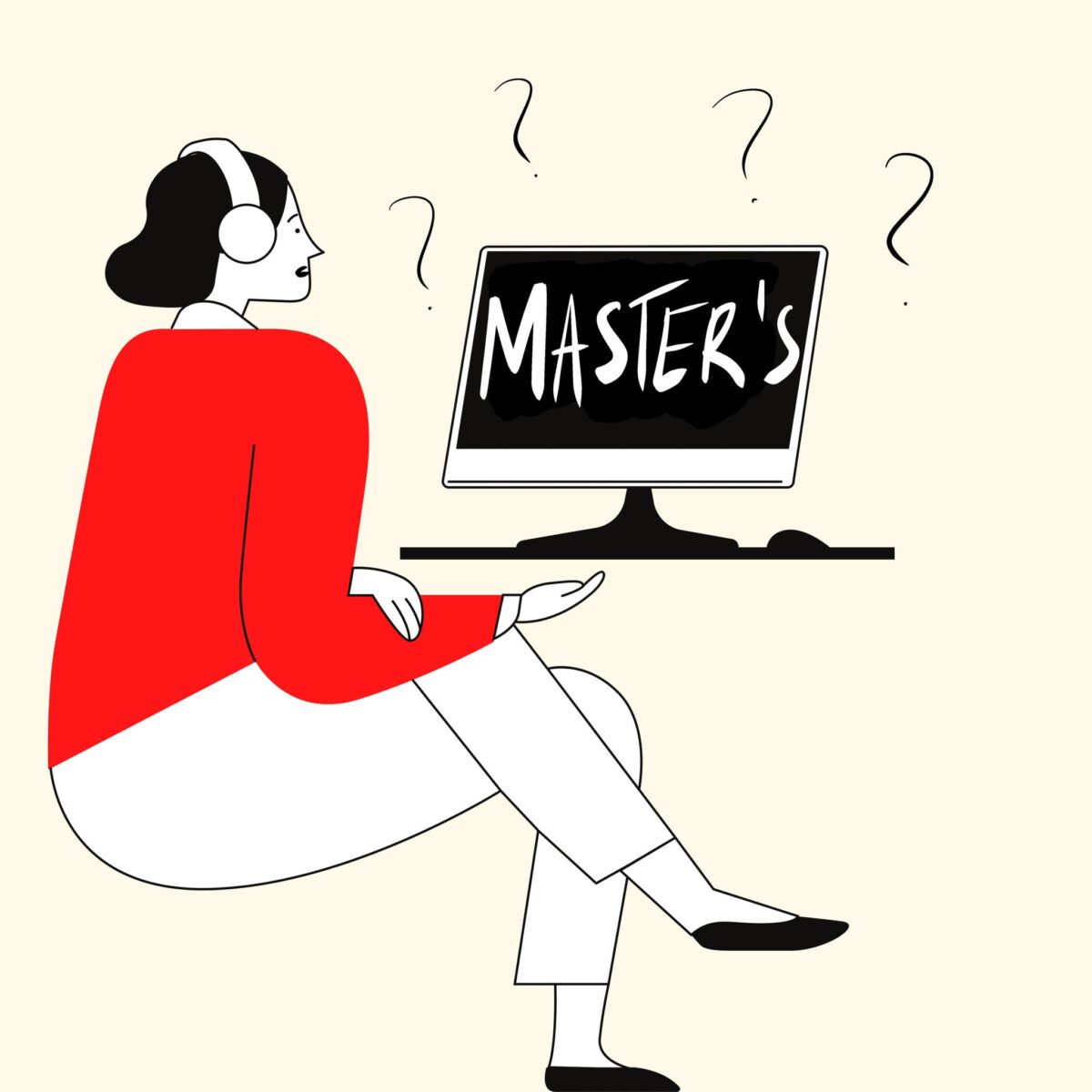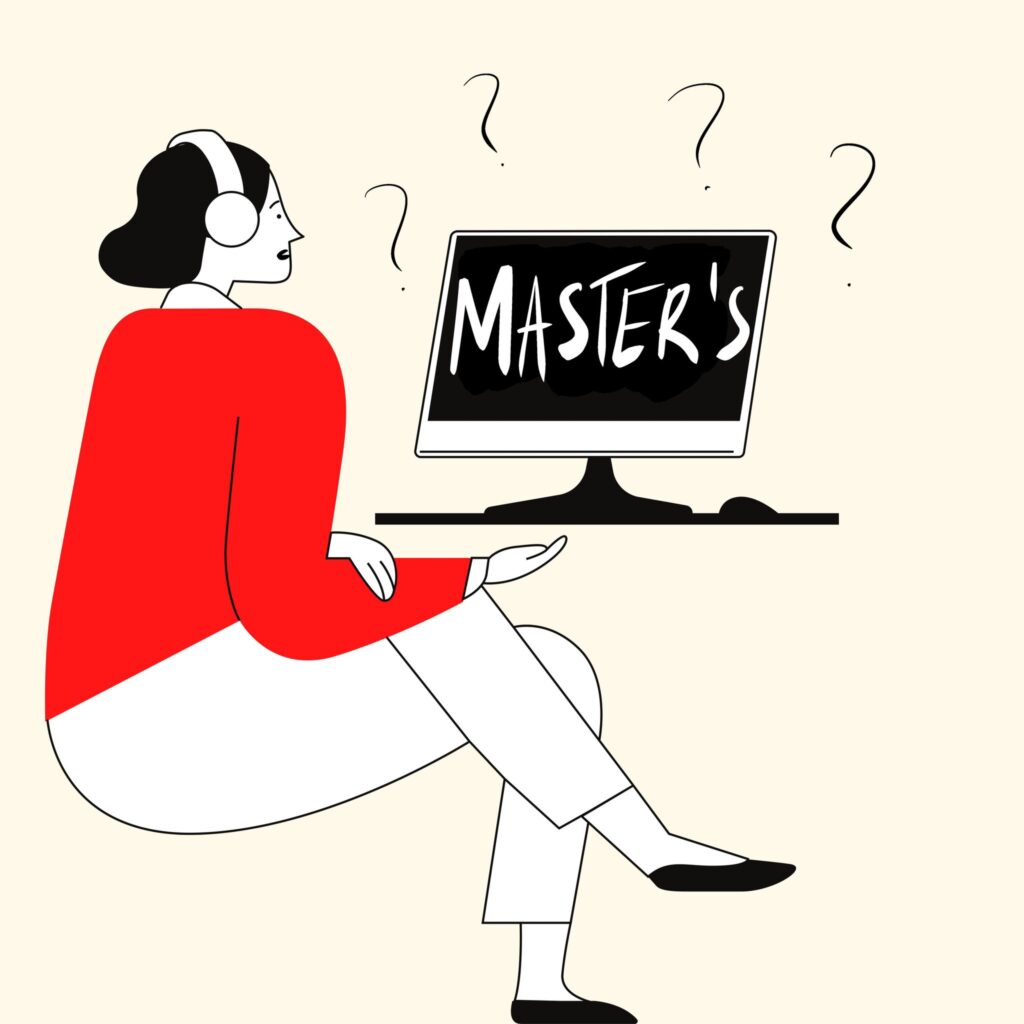
If you’re a student of psychology, then you’ve probably heard of HM, or Henry Molaison. He’s the person behind one of the most famous case studies in cognitive psychology, who lost his ability to form new memories after brain surgery. Memory research is one of the areas of psychology where case studies continue to offer significant opportunities for advancing the field. A contemporary example is the phenomenon known as accelerated long-term forgetting (ALF), which was first discussed in the form of a case report. A patient had suffered brain hypoxia, meaning that he had been depleted of oxygen for a period of time, causing brain damage. After this episode, his anterograde memory, that is his ability to create new memories and then recall them, was deeply changed.
Initial testing revealed an almost perfect retention of information at short delay intervals. However, when the time between learning and recalling grew larger, it was clear he was forgetting things at a pathological rate (De Renzi & Lucchelli, 1993). In short, ALF Patients show fast decay of recently learned information, but only after a long period of time. In clinical practice, most standardized memory tests focus on episodic memory. They measure performance using verbal and figural recall or recognition tasks. Recall is usually tested after a delay of approximately 20-30 minutes. This is not long enough to detect ALF. The pathological forgetting usually does not become apparent until approximately 24 hours (Savage et al., 2019).
Most cases of ALF are reported in relation with different forms of epilepsy, but ALF has also been associated with other diseases. For example, in a study by Weston and colleagues (2018), it is suggested that ALF may be an early, presymptomatic feature of Alzheimer’s disease. It also occurs in individuals with transient ischemic attacks (a sort of ministroke), or after severe traumatic brain injury.
Studies suggest that ALF is most likely an impairment of memory consolidation, rather than memory encoding (Hoefeijzers et al., 2013). Memory consolidation, or the stabilization of a memory after its encoding, occurs over days and weeks (Chambers, 2017). The standard model of consolidation (Squire & Alvarez, 1995) assumes two phases of consolidation, which Mayes and colleagues (2003) also refer to as “fast” and “slow” consolidation. In the first, early phase of consolidation, the medial temporal lobe (MTL) with structures such as the hippocampus is considered central. As you might remember, HM had large parts of both his hippocampus removed. Within this model, we can assume that he was not able to start the early phase of consolidation.
In the second, later phase of consolidation, memories are reorganized to be supported by the neocortex and eventually become independent of the MTL.
For this reason, research on ALF examining prolonged retrieval delays may be useful in gaining insight into the processes that are important for successful maintenance of information in long-term memory (Butler et al., 2019).
In terms of the structures involved the hippocampus has a central role in both encoding and retrieval of information (Atherton et al., 2019). Some studies have found an association between ALF and hippocampal abnormalities. That being said, the picture is more complicated than trouble in the hippocampus = ALF. While hippocampal volume correlates with forgetting over short periods of time, meaning that smaller hippocampuses are associated with more forgetting, there is no such relationship in the brains of ALF in patients with memory loss brought on by epilepsy. Thus, it seems that hippocampal dysfunction alone is not sufficient to explain ALF (Helmstaedter et al., 2019). Indeed., ALF has been found predominantly in tasks involving word lists and visual designs. Both types of stimuli affect item memory, which is supported by extra-hippocampal regions (Ranganath & Ritchey, 2012), underlining how this problem stretches beyond the hippocampus. This has stimulated research into the relevance of extrahippocampal regions (Mameniškienė et al., 2020).
ALF continues to be an elusive diagnosis, but as research continues, we get a better understanding of how our brain shapes the inner workings of our memory. In the same vein, it’s important not to forget the patients. By continuing research, we can hope to one day be able to provide a better diagnosis, and who knows, maybe even treatment? A first step would be to implement more sophisticated tests for memory, going beyond the current 20-30 minutes recall delay.
Sources
Atherton, K. E., Filippini, N., Zeman, A., Nobre, A. C., & Butler, C. R. (2019). Encoding-related brain activity and accelerated forgetting in transient epileptic amnesia. Cortex; a journal devoted to the study of the nervous system and behavior, 110, 127–140. https://doi.org/10.1016/j.cortex.2018.04.015
Butler, C., Gilboa, A., & Miller, L. (2019). Accelerated long-term forgetting. Cortex; a journal devoted to the study of the nervous system and behavior, 110, 1–4. https://doi.org/10.1016/j.cortex.2018.12.009
Chambers A. M. (2017). The role of sleep in cognitive processing: focusing on memory consolidation. Wiley interdisciplinary reviews. Cognitive science, 8(3), 10.1002/wcs.1433. https://doi.org/10.1002/wcs.1433
De Renzi, E., & Lucchelli, F. (1993). Dense retrograde amnesia, intact learning capability and abnormal forgetting rate: A consolidation deficit? Cortex: A Journal Devoted to the Study of the Nervous System and Behavior, 29(3), 449–466. https://doi.org/10.1016/S0010-9452(13)80253-5
Helmstaedter, C., Winter, B., Melzer, N., Lohmann, H., & Witt, J. A. (2019). Accelerated long-term forgetting in focal epilepsies with special consideration given to patients with diagnosed and suspected limbic encephalitis. Cortex; a journal devoted to the study of the nervous system and behavior, 110, 58–68. https://doi.org/10.1016/j.cortex.2018.01.003
Hoefeijzers, S., Dewar, M., Della Sala, S., Zeman, A., & Butler, C. (2013). Accelerated long- term forgetting in transient epileptic amnesia: an acquisition or consolidation deficit?. Neuropsychologia, 51(8), 1549–1555. https://doi.org/10.1016/j.neuropsychologia.2013.04.017
Mameniškienė, R., Puteikis, K., Jasionis, A., & Jatužis, D. (2020). A Review of Accelerated Long-Term Forgetting in Epilepsy. Brain sciences, 10(12), 945. https://doi.org/10.3390/brainsci10120945
Mayes, A. R., Isaac, C. L., Holdstock, J. S., Cariga, P., Gummer, A., & Roberts, N. (2003). Long-term amnesia: A review and detailed illustrative case study. Cortex: A Journal Devoted to the Study of the Nervous System and Behavior, 39(4-5), 567–603. https://doi.org/10.1016/S0010- 9452(08)70855-4
Ricci, M., Mohamed, A., Savage, G., & Miller, L. A. (2015). Disruption of learning and long-term retention of prose passages in patients with focal epilepsy. Epilepsy & behavior : E&B, 51, 104– 111. https://doi.org/10.1016/j.yebeh.2015.06.016
Ranganath, C., & Ritchey, M. (2012). Two cortical systems for memory-guided behaviour. Nature reviews. Neuroscience, 13(10), 713–726. https://doi.org/10.1038/nrn3338
Squire, L. R., & Alvarez, P. (1995). Retrograde amnesia and memory consolidation: a neurobiological perspective. Current opinion in neurobiology, 5(2), 169–177. https://doi.org/10.1016/0959-4388(95)80023-9



